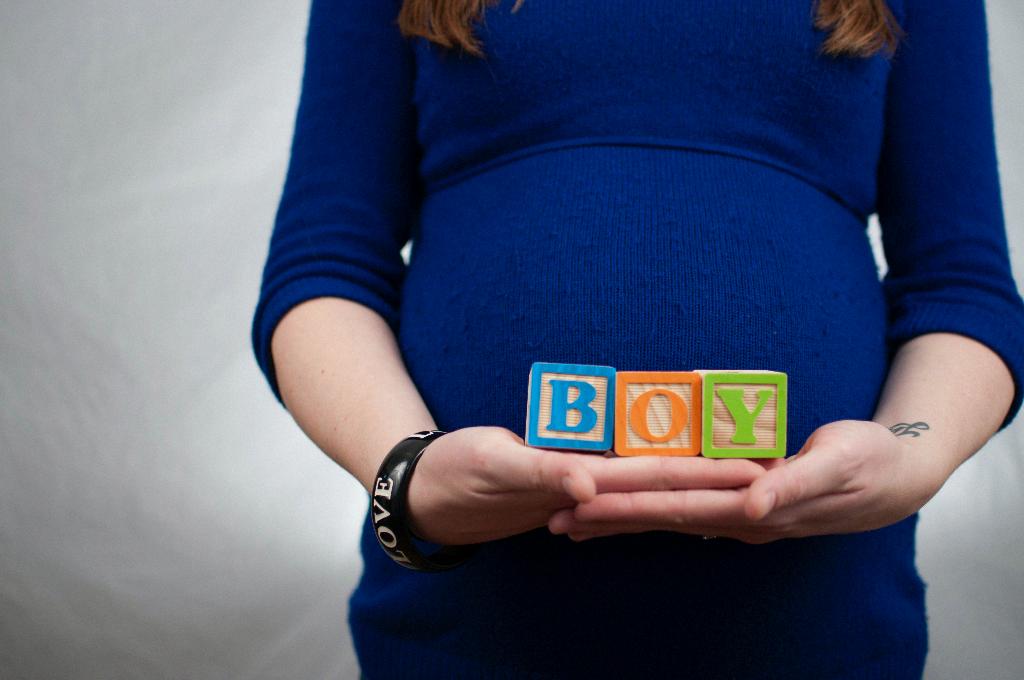When it comes to caffeine consumption during early pregnancy, there are varying opinions and recommendations. However, according to the American College of Obstetricians and Gynecologists (ACOG), it is generally advised that pregnant women limit their caffeine intake to less than 200 mg per day. This is approximately equivalent to two six-ounce cups of coffee.
It’s important for expectant mothers to be cautious about their caffeine consumption, especially during the early stages of pregnancy when the fetus is developing rapidly. High levels of caffeine have been associated with an increased risk of miscarriage and other complications. Therefore, adhering to the recommended guidelines can help minimize potential risks.
Although moderate caffeine consumption is considered safe for most pregnant women, individual tolerance levels may vary. Some women may be more sensitive to caffeine and may experience adverse effects even with small amounts. In such cases, it is advisable to limit or avoid caffeine altogether to ensure the well-being of both the mother and the developing baby.
It’s worth noting that caffeine is not only found in coffee but also in various other products such as tea, soft drinks, energy drinks, and certain medications. Pregnant women should be mindful of their overall caffeine intake from all sources and consider reducing or eliminating high-caffeine products to stay within the recommended limit.
For those who are unsure about how much caffeine they are consuming, keeping track of their daily intake can be helpful. This can be done by reading product labels, estimating the caffeine content of different beverages, and making informed choices to stay below the recommended threshold. Consulting with a healthcare provider can also provide further guidance tailored to individual needs.
In addition to potential risks associated with caffeine, excessive consumption can also lead to dehydration due to its diuretic effects. Staying adequately hydrated is essential during pregnancy to support the body’s changing needs and ensure optimal health for both the mother and the baby. Therefore, balancing caffeine intake with sufficient water consumption is crucial for overall well-being.
While some studies suggest that moderate caffeine consumption is unlikely to cause harm during pregnancy, it’s essential for expectant mothers to prioritize their health and make informed decisions based on current medical recommendations. Being aware of the potential impact of caffeine on pregnancy outcomes can empower women to take proactive steps to safeguard their well-being and that of their developing baby.
In conclusion, the consensus among healthcare professionals is that limiting caffeine intake to less than 200 mg per day is generally considered safe during early pregnancy. By being mindful of their caffeine consumption, staying informed about sources of caffeine, and seeking guidance from healthcare providers, pregnant women can take proactive steps to promote a healthy pregnancy and reduce potential risks associated with excessive caffeine intake.

